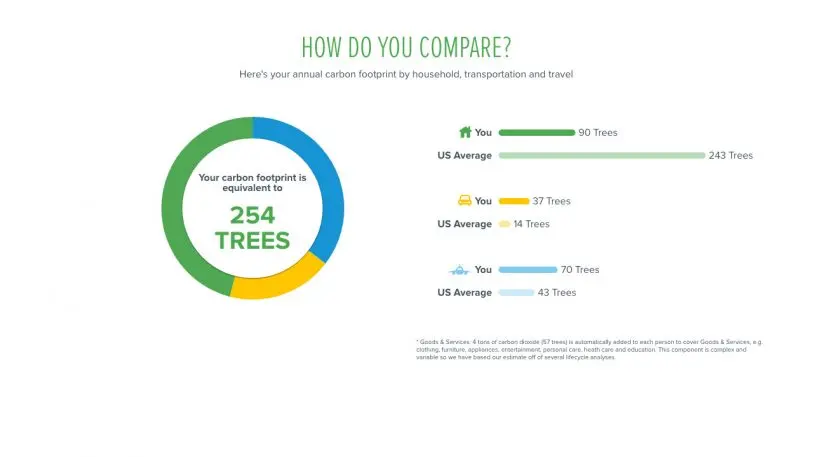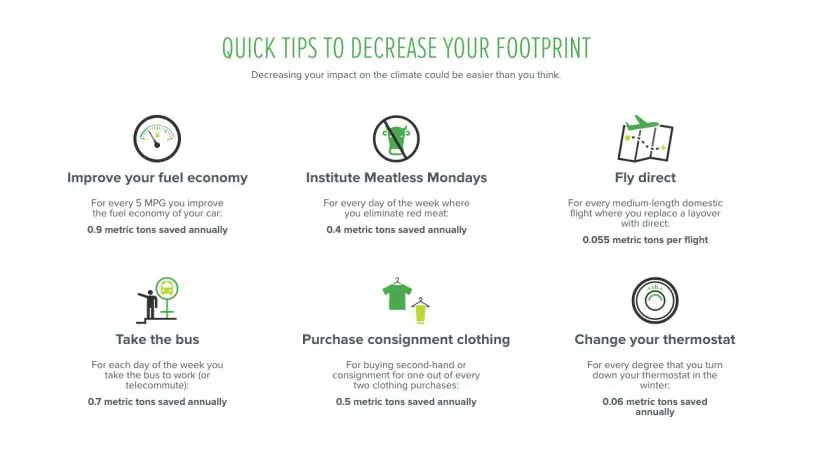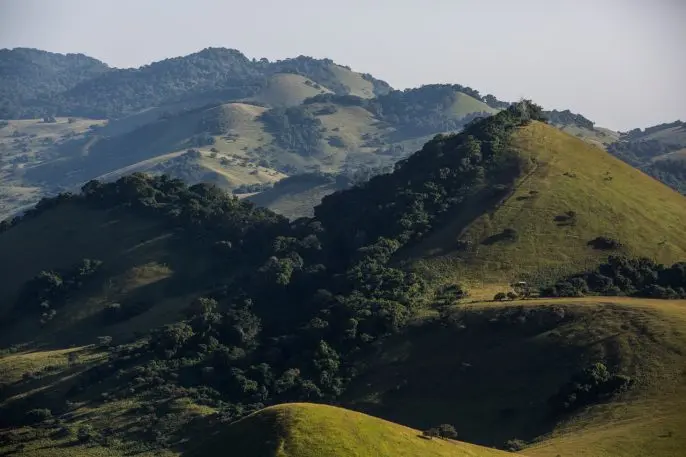After Trump announced his intent to withdraw from the Paris climate agreement, Conservation International–like other nonprofits–saw a surge in interest from people wanting to know how they could act while the government slowed or stopped progress. A revamped carbon calculator is designed to help: answer a few questions about your daily life, and it uses up-to-date data to tell you your carbon footprint, clearly see what you might be able to change, and offer you a verified way to offset your emissions.
“What we’ve really noticed lately is that climate change has really become a personal issue for people,” says Shyla Raghav, climate change lead at Conservation International. “It’s no longer someone else’s problem. There’s a recognition that we all have a role to play. By having access to this information, it empowers each of us to make decisions about our daily choices and our lifestyle that will have an impact on the planet.”

The calculator, which takes only two or three minutes to use, asks questions about the type and size of home you live in (tiny apartments have smaller footprints than larger houses, unsurprisingly), energy use, recycling, diet, daily transportation, and flights. As you answer, the calculator shows a running tally of your footprint. At the end, you have the option to offset that footprint through supporting programs that reduce rates of deforestation.

One set of offsets comes from the Chyulu Hills in Kenya, an area a little bigger than Rhode Island, where protecting the forest serves multiple benefits–beyond absorbing CO2, the forest supports Kenya’s largest population of elephants and populations of critically endangered black rhinos. The offsets are verified by a third party and then available as carbon credits.

A large part of that change, of course, needs to happen at national and international scale. But while someone can’t individually shift the entire power grid to renewables–beyond the role they can play as voters–the calculator recognizes that individual actions do have some impact. In some cases, individual actions could have an impact more quickly than larger-scale change: someone can decide to start taking public transit instead of driving today.
Recognize your brand’s excellence by applying to this year’s Brands That Matter Awards before the early-rate deadline, May 3.
